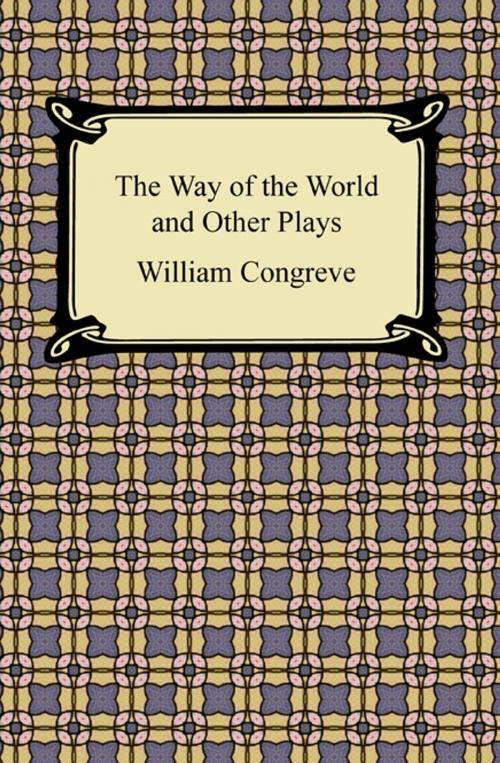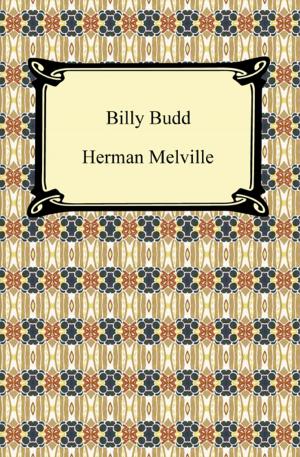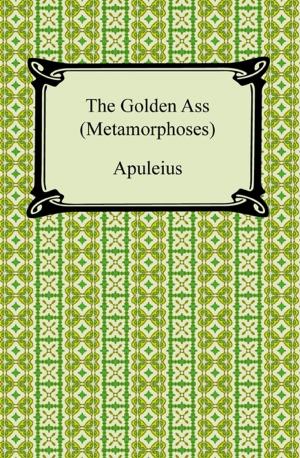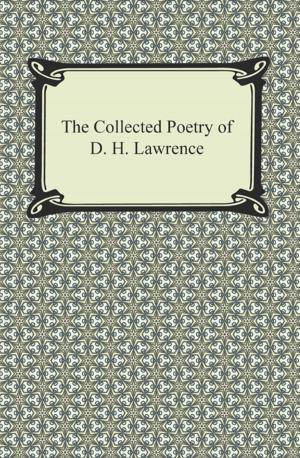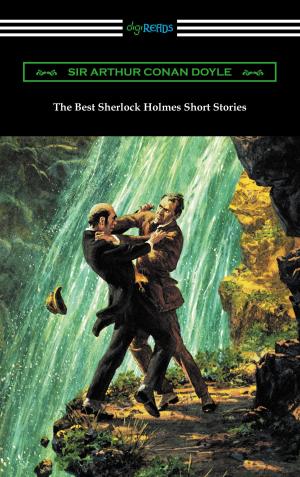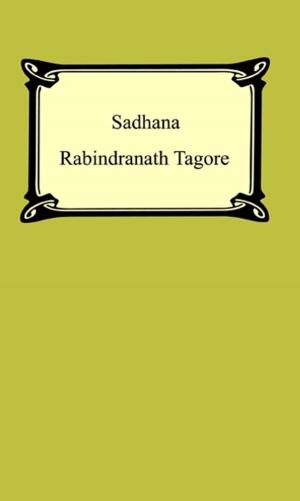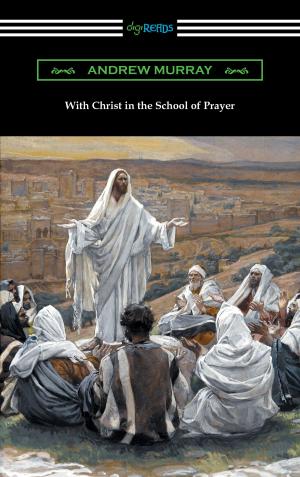The Way of the World and Other Plays
Fiction & Literature, Drama, British & Irish, Nonfiction, Entertainment| Author: | William Congreve | ISBN: | 9781596259942 |
| Publisher: | Neeland Media LLC | Publication: | December 15, 2009 |
| Imprint: | Digireads.com Publishing | Language: | English |
| Author: | William Congreve |
| ISBN: | 9781596259942 |
| Publisher: | Neeland Media LLC |
| Publication: | December 15, 2009 |
| Imprint: | Digireads.com Publishing |
| Language: | English |
William Congreve (1670-1729) was an English poet and playwright. Congreve fashioned the English comedy of manners with his brilliant comic dialogue, sardonic depiction of fashionable society, hysterical vulgarity, and ironic scrutiny of the appearances of his age. His collection, "The Way of the World and Other Plays", depicts the shallow, brittle world of society where the right ploy in fashion, conversation, manners and money eased the passage to success. Congreve was a young protégé of John Dryden when his first major play, "The Old Bachelor" met with success. It ran for a near-record fourteen performances at the Drury Lane Theatre when Congreve was only twenty-three years old. Later came "The Double Dealer", a dark, cynical commentary on human sexuality that brought charges of lewdness and moral indecency. "Love for Love" followed in 1695 as being Congreve's gayest and most romantic comedy. Considered his masterpiece, "The Way of the World" is his last piece of work. Its purpose was to expose the often absurd, yet human passions and follies that characterize social behavior.
William Congreve (1670-1729) was an English poet and playwright. Congreve fashioned the English comedy of manners with his brilliant comic dialogue, sardonic depiction of fashionable society, hysterical vulgarity, and ironic scrutiny of the appearances of his age. His collection, "The Way of the World and Other Plays", depicts the shallow, brittle world of society where the right ploy in fashion, conversation, manners and money eased the passage to success. Congreve was a young protégé of John Dryden when his first major play, "The Old Bachelor" met with success. It ran for a near-record fourteen performances at the Drury Lane Theatre when Congreve was only twenty-three years old. Later came "The Double Dealer", a dark, cynical commentary on human sexuality that brought charges of lewdness and moral indecency. "Love for Love" followed in 1695 as being Congreve's gayest and most romantic comedy. Considered his masterpiece, "The Way of the World" is his last piece of work. Its purpose was to expose the often absurd, yet human passions and follies that characterize social behavior.
